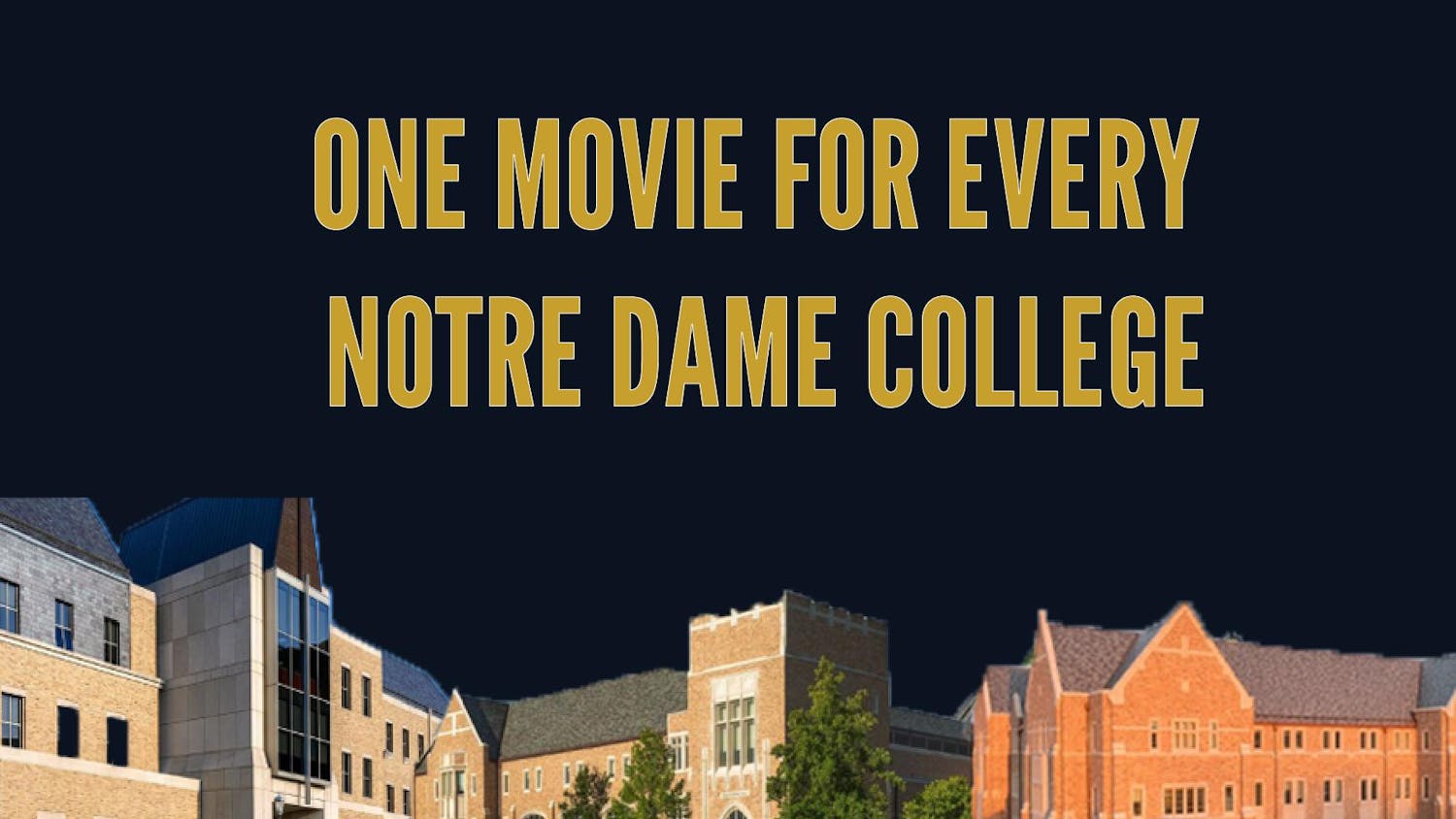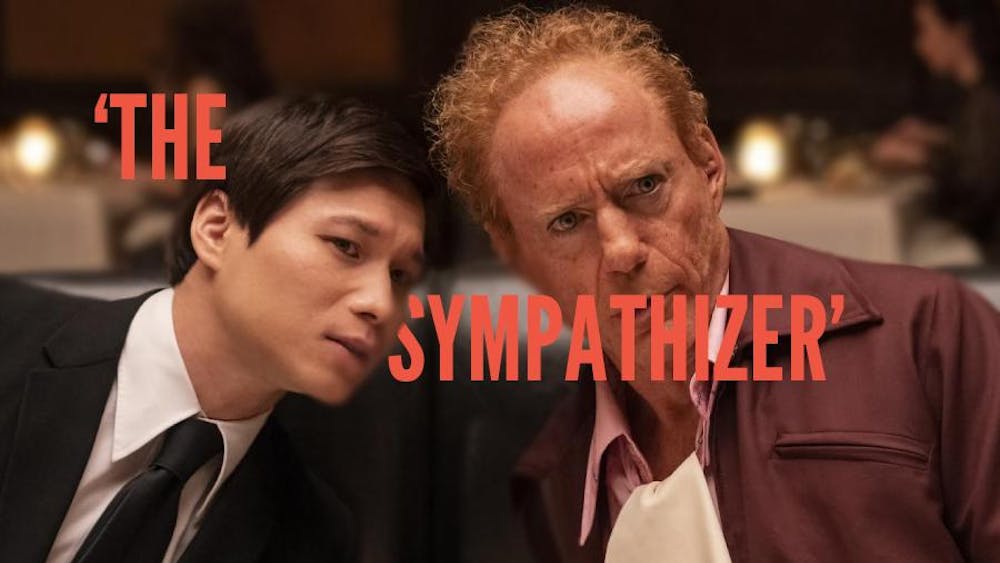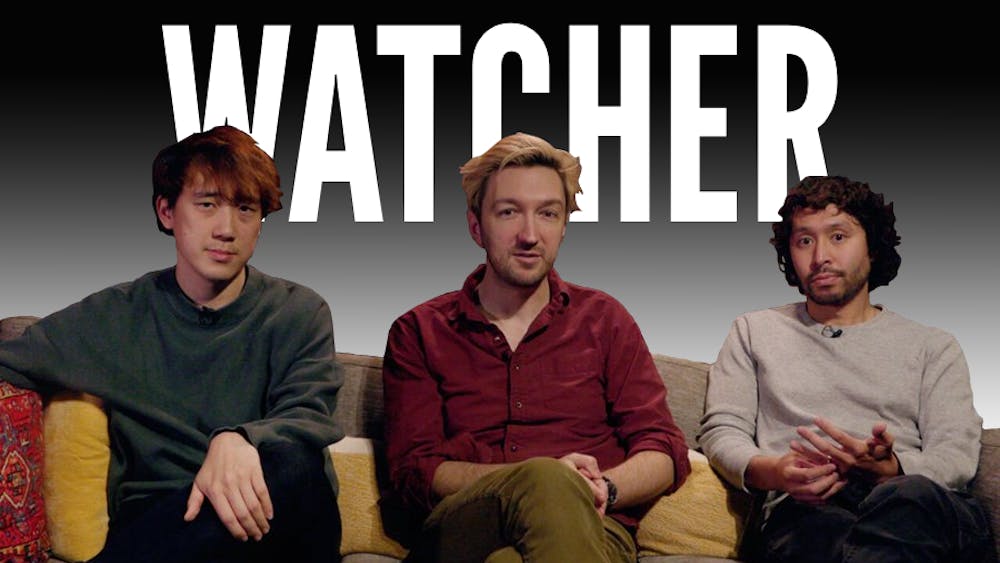
As a biracial student at a predominately white University, I was intrigued when I first heard about “Dear White People,” and read reviews and articles in anticipation of what I hoped would be a discussion-spurring movie. Something I read in The New Yorker really stuck with me:
“As a black student, if you’re politically involved, you become a target for racists; if you’re looking to fit in, you invite condescension; if you’re pursuing success, you risk sacrificing your values; if you’re merely searching for your own path, you seem to belong nowhere and are even more vulnerable.”
This quote captures exactly what the film aims to examine, and director Justin Simien does a wonderful job blending these issues with satire to create a great storyline.
Before we go any further, I want to clarify that while I loved this movie, it is the epitome of a tongue-in-cheek soapbox and should be regarded as such. It’s not Oscar-worthy, but Simien raises serious questions that should get people talking about race in America. With that being said:
“Dear White People” takes place at Winchester University, a fictional Ivy-esque institution with a largely white student body. Each of the main characters struggles with his or her individuality, and they must carve out their respective places in society.
Sam White, Tessa Thompson, is a wickedly intelligent biracial girl with a hilarious determination to make a point about the social scene at Winchester through radio and film. Troy Fairbanks, Brandon P. Bell, has always been striving for goals that his father, the college dean, set for him and realizes that he’s living someone else’s life. Colandrea “Coco” Connors, Teyonah Parris, is from the south side of Chicago and doesn’t want anyone to know and, as such, tries to distance herself from the black community. Finally, the most lovable character is Lionel Higgins, Tyler James Williams of “Everybody Hates Chris.” Lionel is black, gay and a social outcast, until he is asked to write an article about Sam for the school’s newspaper.
The film begins with a head of house election for Armstrong/Parker, an all black residence in danger of being “randomized” by administration. Troy seems to be the shoo-in, as he is the reigning head of house, but Sam defeats him in a surprising victory.
After the election, the drama shifts to the upcoming “unleash your inner negro” party being thrown by white students. Sam is appalled and the school’s administration orders to cancel the party. Of course, the party does happen, and when it does Sam is there to record it all for her next film. The themed party, while horrific in the film, is not an uncommon occurrence on college campuses. They’re definitely not called “unleash your inner negro,” but may be somewhere along the lines of “gangsta” or “hip hop” themed. Nonetheless, students get dressed up for these parties in wigs, egregious outfits and blackface, making a mockery of African-Americans, whether they mean to or not.
Hopefully “Dear White People” serves as a starting point for future films to discuss race in America. It is edgy, provocative, funny and got me thinking about what it means to be a student of color in America right now. If nothing else, it is an entertaining look at a very real social issue.













